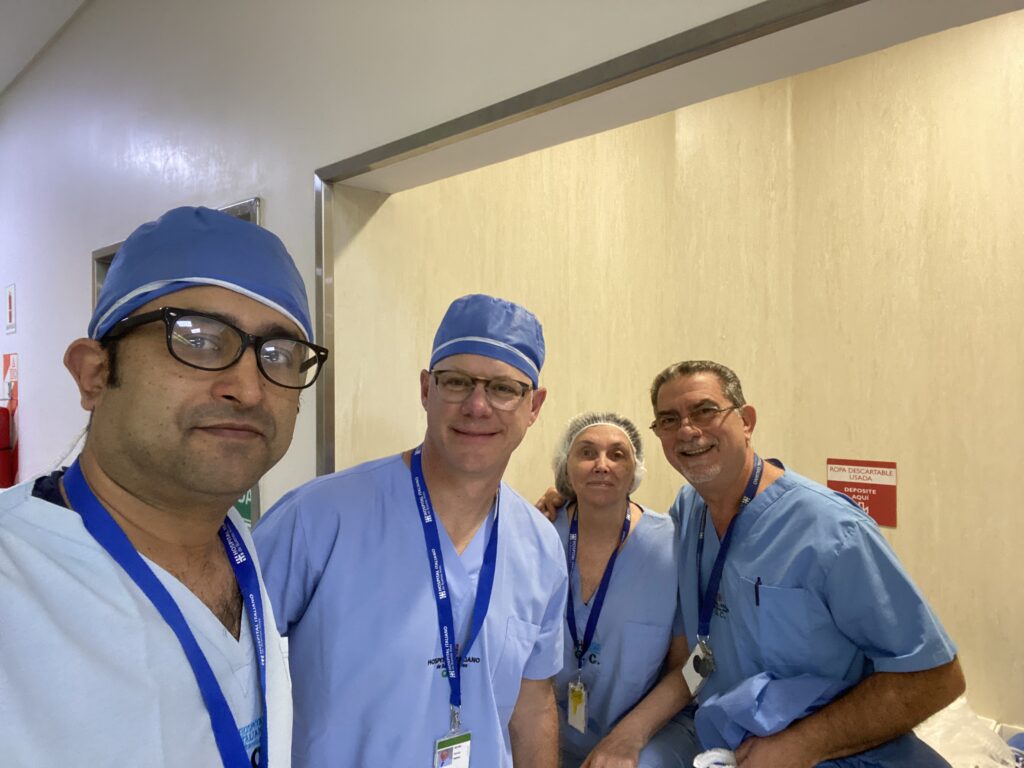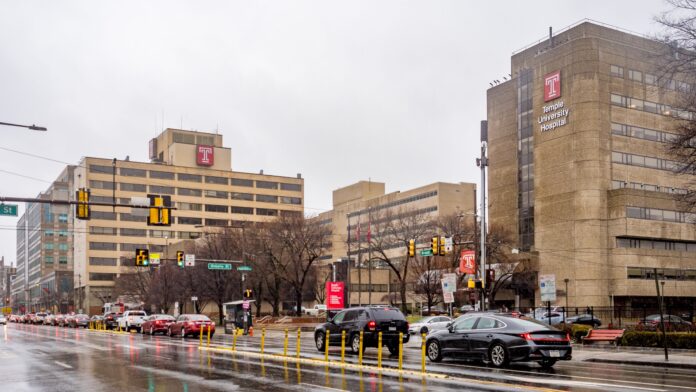Argentina is known for implementing some of the most comprehensive federal laws to protect and affirm trans people. In 2012, the country became the first to pass legislation that gives its trans citizens the right to be recognized and treated in accordance with their gender identities — and the right to develop a sense of personhood associated with this experience.
This law gave Argentians the right to change their legal documents to display accurate gender markers and updated names — something many trans people in the United States are still unable to pursue because of differences in state laws regarding the matter. Among various other rights — including confidentiality — the legislation also grants trans people in Argentina the right to access comprehensive hormone therapies and gender-affirming surgeries.
But the right to pursue authenticity doesn’t mean trans-competent care is readily available. That’s why Dr. Alireza Hamidian Jahromi, MD, director of the gender affirmation surgery program at Temple University Hospital, is passionate about collaborating with providers across borders.
He recently traveled to Buenos Aires with Dr. Michael Metro, MD, director of reconstructive urology at Temple University Hospital, to jointly perform the first-ever penile inversion vaginoplasty in Argentina.

“A lot of teaching and training has to happen before you can perform a surgery,” Hamidian Jahromi underlined, noting that resources — including access to trans-specific training — can be limited in some areas, especially for genital reconstructions or “bottom” surgeries.
For instance, in 2012 — the year Argentina’s trans-affirming legislation was passed — the United States had only six surgeons performing genital reconstruction surgeries. A lack of surgeons greatly limits a surgery’s availability. Today, more doctors are starting to learn about and perform these procedures in the US — but insurance does not always cover them and some state laws are attempting to further limit people’s ability to pursue them.
To overcome the unique hurdles and barriers that each country faces, Hamidian Jahromi — who is on the central committee for certification and mentorship at WPATH (World Professional Association for Transgender Health) — urged advocates to not only raise awareness of trans people and their needs but also to push for stronger and more accessible training and education for healthcare providers.
“[Surgeons] specifically have to go through a special training in order to know how to bring their skills together to be able to align them with the patient’s specific need,” Hamidian Jahromi said, adding that a specialization in gender-affirming surgery requires many years of training to develop expertise.
Exposure to and experience in a variety of related fields — such studying and collaborating closely with both urology and plastics — is necessary, and finding programs and professionals to study under can be an additional challenge.
The first trans-specific surgical fellowship in the United States didn’t open until 2017. It took more than nine years of education — along with additional surgical experience completed in Europe — for Hamidian Jahromi to become fellowship trained and specialized in trans-specific surgical interventions.
It takes a lot of time and intentional effort to build a comprehensive program that can competently and efficiently meet the needs of its patients. A lack of appropriate training can and has led to botched procedures, infections, and other disastrous outcomes.
Fortunately, there are more resources for learning and honing these skills across the United States than there were in the past. Hamidian Jahromi, who is the assistant professor of Plastic and Reconstructive & Gender Affirming Surgery at the Lewis Katz School of Medicine at Temple University, often trains surgeons, fellows and residents here in Philadelphia today.
Continued learning is not only key to the development of trans-specific programs and new providers. Trans-competent experts rely on information-sharing between professionals to constantly challenge themselves in new ways with the hope of improving their skills, advancing their understanding of best practices, and implementing new techniques in how to better care for trans people.
Because of this desire and ability to share and exchange skills, Hamidian Jahromi was able to observe the surgeries and study with colleagues at NYU — who pioneered a robotics-assisted peritoneal flap vaginoplasty, which is more minimally invasive than traditional methods. Temple is now one of just a handful of programs to offer surgeries using this technique.
It’s just one of various modalities used to help Hamidian Jahromi’s patients achieve their goals.
“A lot of [needs] could be different in every patient,” Hamidian Jahromi explained about the differing challenges, unique experiences and individual perspectives of each patient — who all have a different idea about what a positive outcome will look like for them. “And that’s actually a welcome part of these kinds of surgeries for me — because you have to see the patient, you have to see the world through their eyes, you have to try to understand.”
“I also have to mention that a lot of these surgeries need more than one surgeon at the time of the surgery. It’s multi-speciality,” he added, explaining that teams of experts in those related fields often work together to achieve the best outcomes. “So when I’m standing here in front of you, I’m standing on a pillar of different members of my team that all work together very closely in order to create a success story for each individual patient. It’s a whole team’s work.”
Hamidian Jahromi, who is cisgender, was drawn to trans healthcare because he appreciated the opportunity to make such a positive difference in the lives of patients and to develop longer relationships with each person he supports.
“When you put together the happiness and the help you’re providing for the patients, I’m very well-rewarded every day,” he added.

